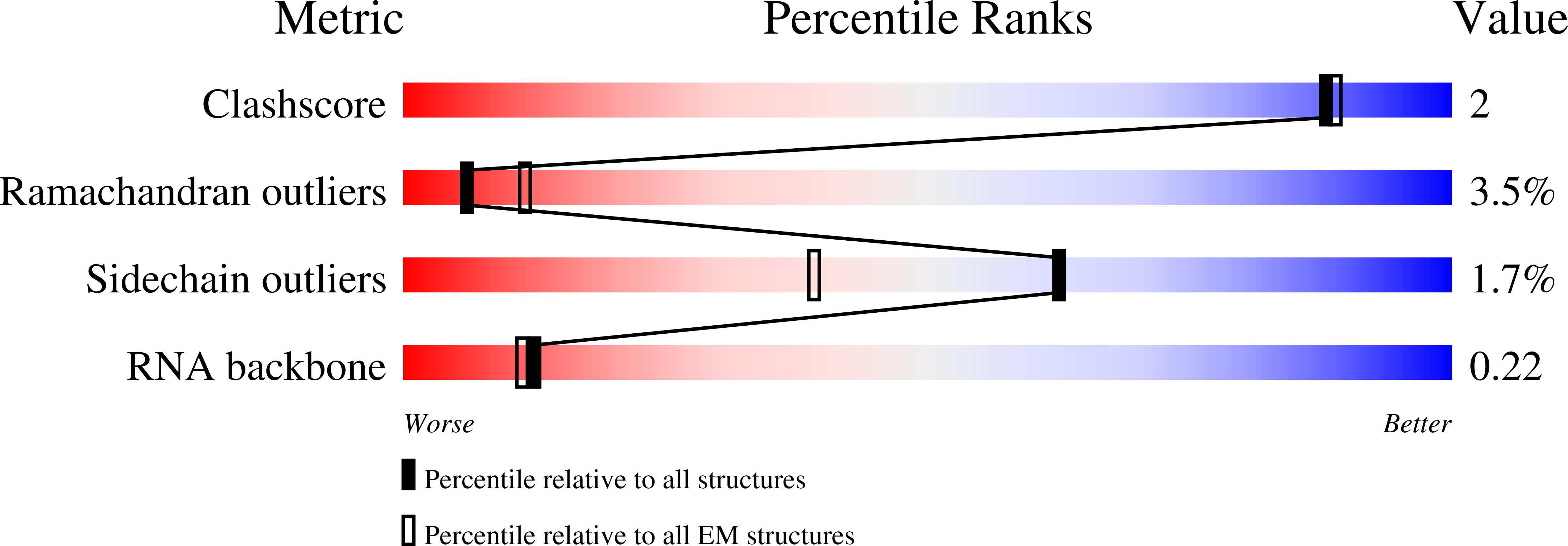
Deposition Date
2019-06-26
Release Date
2019-10-02
Last Version Date
2024-03-20
Entry Detail
PDB ID:
6PIG
Keywords:
Title:
V. cholerae TniQ-Cascade complex, closed conformation
Biological Source:
Source Organism(s):
Vibrio cholerae (Taxon ID: 666)
Expression System(s):
Method Details:
Experimental Method:
Resolution:
3.50 Å
Aggregation State:
PARTICLE
Reconstruction Method:
SINGLE PARTICLE


